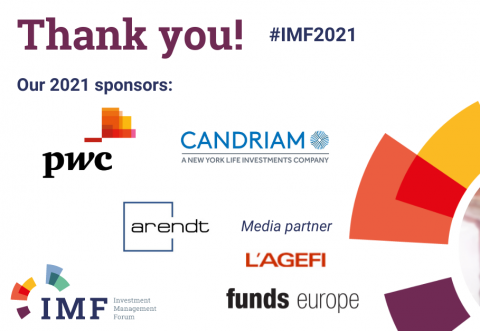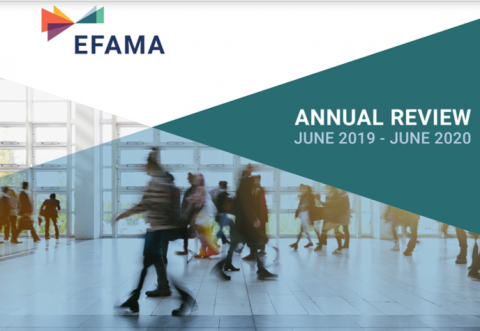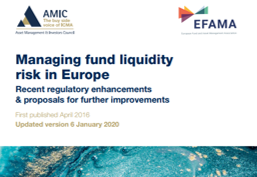Management Companies
EFAMA has been looking at legislative proposals with a direct impact on asset management companies and services, and closely follows any regulatory developments of critical importance to the sector. In addition to issues related to risk management and financial stability, high up on the agenda of EFAMA members is the framework for a prudential regime for Investment Firms (IFD/R), and related implementing measures directly descending from such framework.
EFAMA is focused on minimising the impact of the rules on asset management companies, in particular those holding a limited MiFID license. Key to the sector is the need for proportionality, especially firms that are not authorised to hold client money/securities, or to deal on their own account.
EFAMA Response to the IOSCO Consultation on CIS Liquidity Risk Management Recommendations (CR04/2017)
Use of Leverage in Investment Funds in Europe | AMIC-EFAMA Joint Paper
EFAMA response to the IOSCO Consultation on Termination of Investment Funds
EFAMA welcomes the opportunity to provide its comments on the Good Practices to be adopted by IOSCO for the Termination of Investment Funds. We agree that the decision to terminate a fund can have significant impact on investors in terms of the costs associated with such an action, or the ability for investors to redeem their holdings during the termination process. In this regard, even in the context of a fund’s voluntary termination, asset managers must abide by their fiduciary obligation to act in the best interest of their investors.
Annual European Asset Management Report - Report highlights key developments in the European fund industry
The European Fund and Asset Management Association (EFAMA) has released the 13th edition of its Asset Management in Europe report, which provides in-depth analysis of recent trends in the European asset management industry, focussing on where investment funds and discretionary mandates are managed in Europe.
IMF 2021: Thought-provoking discussions and insightful presentations
This year’s Investment Management Forum featured an incredible number of high-level speakers and thought-provoking discussions.
.png)
AIFMD review - how to tweak a successful framework
EFAMA welcomes the European Commission’s review of the Alternative Investment Fund Management Directive (AIFMD), setting out targeted improvements to key provisions in the current framework. Such targeted improvements will make strides in advancing the Capital Markets Union. At the same time, they maintain the framework which has underpinned a decade of growth in the European Alternative Investment Fund (AIF) market and proven resilient even throughout recent market stresses.
Annual Review June 2019-June 2020
"It gives me great pleasure to provide you with an overview of our activities since our Annual General Meeting in Paris last year. While we were very much looking forward to hosting you all in Brussels this week, the current crisis and associated travel restrictions has forced us to improvise and turn our meeting into a virtual AGM.
Investment Funds Distributor Due Diligence Questionnaire
Funds face unique challenges in performing intermediary oversight, and especially so because of MiFID II requirements, changing regulatory landscapes, and the absence of an industry agreed-upon standard between funds and their distribution channels. To help address these challenges, a dedicated working group developed a uniform due diligence questionnaire (DDQ) that will serve as the standard for investment funds (UCITS and AIFs) in performing onboarding and ongoing oversight of distribution channels.
AMIC EFAMA Report - Managing fund liquidity risk in Europe - 2020
In 2019, AMIC and EFAMA decided to update their 2016 report “Managing Fund Liquidity Risk in Europe” following important policy and regulatory developments at EU and international levels. The purpose of this updated report is to outline the practical liquidity risk management processes which fund management companies put in place when setting up a fund and implement throughout the life of the fund. Also, the report describes the existing European and international regulatory frameworks in the area of fund liquidity risk management.
































